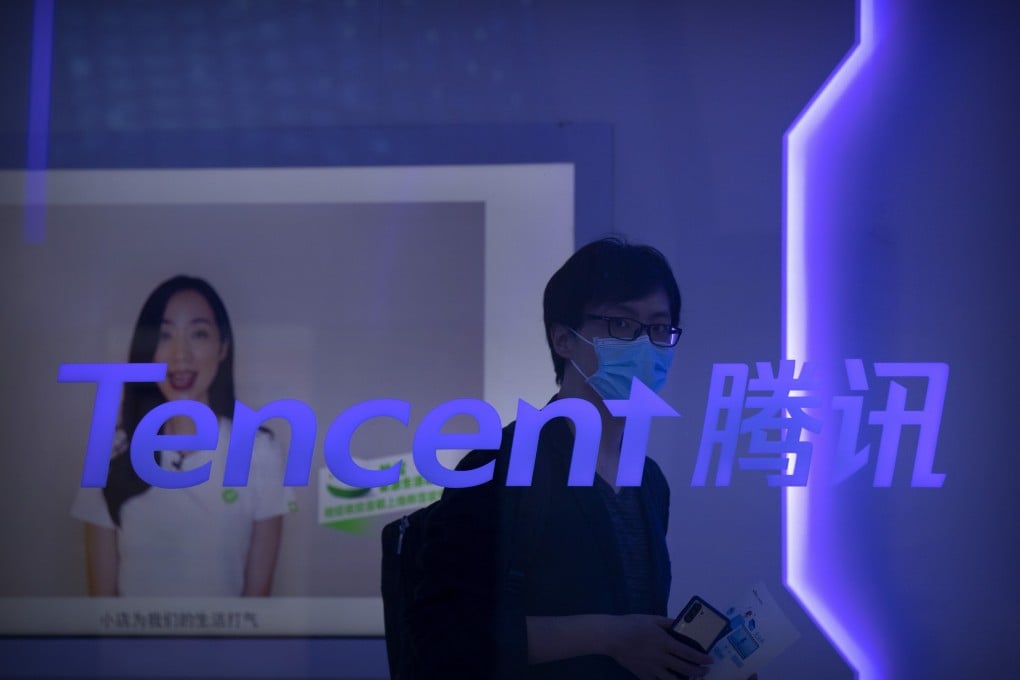Beijing prosecutor’s public interest lawsuit against Tencent raises new concerns for China’s Big Tech sector
- The Haidian District People’s Procuratorate in Beijing has found Tencent super app WeChat in violation of China’s Minors Protection Law
- WeChat has formed a task force to oversee adjustments to be made in the app to comply with relevant laws

“While the particulars are fuzzy, this is a clear signal to Tencent and other internet companies to safeguard minors online or be put in a regulatory hotspot,” said Michael Norris, research manager at Shanghai-based consultancy AgencyChina. “This could mean further restrictions for minors on their use and access of content across multiple media types, including games, social media and short video.”
It marked the first time in China that a local prosecutor’s office has directly and publicly targeted a major technology company for litigation. The Haidian District People’s Procuratorate has called on interested organisations to file their complaints about WeChat within 30 days, which echoes how US law firms would gather evidence for a class-action lawsuit.

02:28
WeChat: an app that runs apps including a fake news debunker
Tencent said it would conduct self-checks and deal with the public interest lawsuit sincerely. The Shenzhen-based company, which runs the world’s largest video gaming business by revenue, declined to provide further comment.